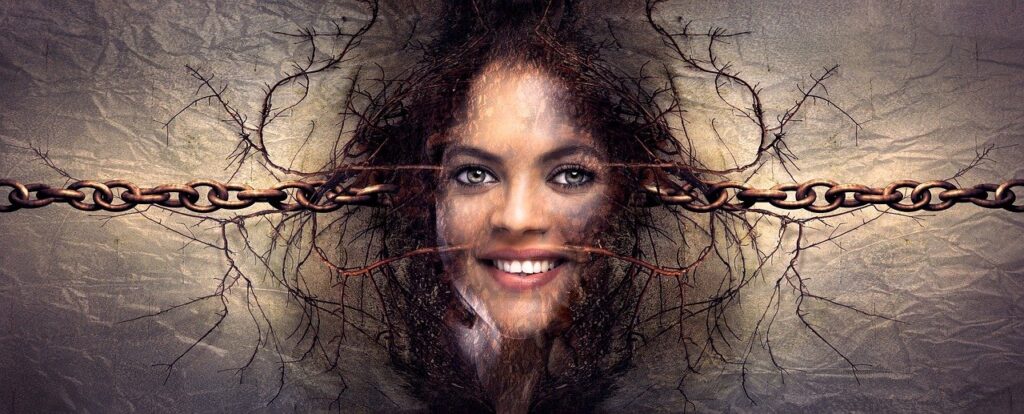Lawmakers in the European Parliament passed a resolution to tackle environmental and human rights issues in the supply chains of EU businesses by 504 votes to 79 on Wednesday (10 March) ahead of the Commission’s proposal on corporate due diligence later this year.
The report introduces mandatory due diligence to ensure supply chains do not include environmental or human rights violations and calls for fines and sanctions for those found breaching the rules. It also demands better access to justice for victims in third countries.
While some European companies monitor their supply chains, others do not. The resolution aims to level the playing field and fix the patchwork of current legislation and voluntary schemes.
“Existing international due diligence instruments have failed to provide victims of human rights and environmental adverse impacts with access to justice and remedies because of their non-judicial and voluntary nature,” according to the resolution.
“The time for voluntary standards is over,” said Lara Wolters, a Dutch socialist MEP who is the lead author of the Parliament report. “Due diligence should be exercised by all companies with risks in their supply chains,” she said during at a debate in the assembly’s plenary on Monday (8 March).
“The status quo means companies doing the right thing are at a competitive disadvantage. That time is at an end. Businesses fully understand that mandatory standards are the only path to a level playing field and to business certainty,” she told EURACTIV.
By setting a legal standard, sustainable companies will have a competitive advantage over those breaching the rules, said Heidi Hautala, a Green MEP from Finland. “So long as we turn a blind eye to human rights violations in corporate supply chains, we reward those who evade their responsibilities.”
The EU estimates that European consumption is responsible for 10% of global deforestation. Many voluntary schemes are in place to try and tackle this, but a report from Greenpeace released on Wednesday (10 March) found that current certification schemes have let products linked to deforestation, land disputes and human rights abuses into the EU market labelled as “sustainable”.
To tackle this, the Commission is expected to table a binding due diligence directive for all companies operating on the EU market by June.
“We want to incentivise outside of the EU good practice that protects the environment in line with our international commitments and our efforts in climate change and environmental protection,” said Didier Reynders, the EU’s commissioner for justice, who spoke during the debate in Parliament.
He added that the Commission proposal will take a holistic approach with corporate due diligence as an obligation underpinned by director’s duty. A range of solutions for SMEs is under consideration, including limitations of the scope and application according to size as well as support like funding.
It is important that EU legislation sets out a clear framework for national authorities, said Lucrezia Busa, an official working in the staff of Didier Reynders, who spoke at a EURACTIV debate on Tuesday (9 March).
“Commissioner Reynders now has a clear mandate to move swiftly to propose legislation that mandates human rights and environmental due diligence across all sectors, including finance, and that holds companies liable for harms that occur in their value chains,” said Richard Gardiner, senior campaigner at Global Witness, a campaign group.
But employers’ group BusinessEurope has said that, while it is ready to work towards due diligence framework, the Parliament report does not deliver a clear, applicable system.
“It also cannot lead to simply transferring state responsibilities on to companies nor make them responsible for risks and damages in supply chains that are totally out of their control,” said Pedro Oliveira, director of legal affairs at BusinessEurope.
.
Role of SMEs
While Parliament has mostly supported the resolution, there has been debate around including small and medium-sized enterprises (SMEs). These companies may be involved in supply chains with a high risk of exploitation, but may not have the resources to monitor it.
SMEs have been a “stumbling block” for the resolution in Parliament, Hautala told EURACTIV.
Conservative groups on the right of the hemicycle tried to table amendments that would exempt SMEs on Tuesday (9 March), but these were voted down.
Cutting SMEs out altogether is a manifesto for no change at all, warned Wolters at a EURACTIV debate. Only SMEs with risky supply chains or that are listed will be covered and even these can issue a statement to exempt themselves, she said.
But Oliveira warned that companies struggling to control their supply chain may simply leave Europe, saying: “The impact of a EU framework on smaller companies cannot be underestimated. They face distinct challenges in meeting due diligence responsibilities because of their size and activities, as well as their leverage in obtaining information (and a particular behaviour) in the supply chain.”
VDMA, the German mechanical engineering industry association, said that a European approach is definitely better than a patchwork of national schemes. However, it added that SMEs must be taken into account, urging the EU to take a “realistic approach” to regulating business.
“The mechanical engineering industry, which is dominated by small and medium-sized enterprises, is globally networked and very export-oriented,” VDMA said. “Due to the great variety of products, machine builders typically have many suppliers – sometimes hundreds – from all over the world. Fully monitoring such chains is almost impossible, especially for medium-sized companies,” it said.
VDMA also dismissed suggestions that companies should work together with local authorities to find solutions, saying compliance tasks for export-oriented SMEs must be manageable and “kept within limits.”
Wolters agreed that smaller companies “should do what can reasonably be expected of them” according to their means. However, she said exempting SMEs altogether would “fly in the face of our joint goals” in the European Green Deal.
“A small company too can cause harm,” Wolters said.
.
By Kira Taylor, March 12, 2021, published on EURACTIV.com






